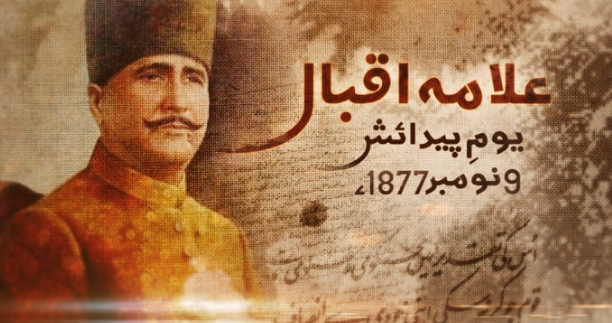Exploring the Influential Works of Allama Iqbal
Allama Iqbal, also known as the “Poet of the East,” was a prominent philosopher, poet, and politician in British India. His works have had a profound impact on the culture and literature of Pakistan and beyond.
Early Life and Education
Born in Sialkot, Punjab in 1877, Iqbal was raised in a family with a strong literary and religious background. He received his early education in Sialkot, then went on to study at Government College, Lahore and later pursued a higher education in England and Germany.
Poetry and Philosophy
Iqbal’s poetry is known for its profound philosophical insights and spiritual themes. His most famous work, “Asrar-e-Khudi” (Secrets of the Self), explores the concept of self-realization and self-actualization. Another notable work, “Bang-e-Dra” (The Call of the Marching Bell), is a collection of poems that address themes of nationalism, freedom, and faith.
Political Influence
In addition to his literary contributions, Iqbal was actively involved in politics and played a key role in the formation of Pakistan. He is credited with inspiring the idea of a separate Muslim state in South Asia and his famous address at Allahabad in 1930 is considered a catalyst for the creation of Pakistan.
Legacy and Impact
Allama Iqbal’s works continue to inspire and influence generations of poets, philosophers, and politicians in Pakistan and beyond. His messages of self-empowerment, spirituality, and national identity resonate with people from all walks of life.
In conclusion, Allama Iqbal’s influential works have left an indelible mark on the literary, philosophical, and political landscape of South Asia. His legacy as a poet, philosopher, and visionary continues to be celebrated and honored to this day.
